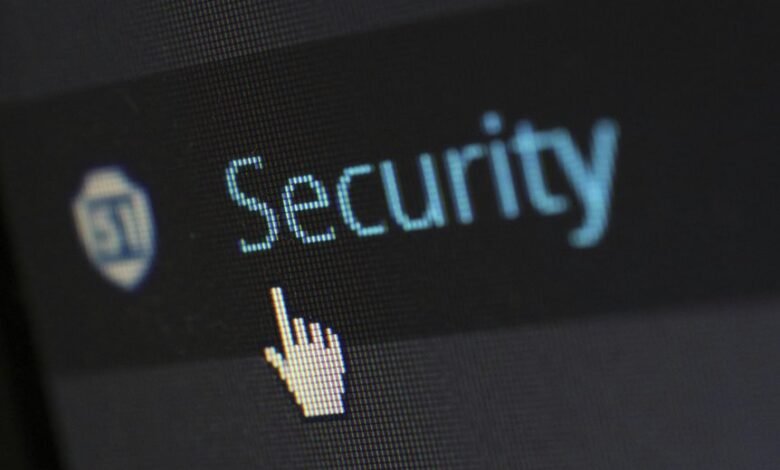Hotline Caller Protection Oversight Safety Network 3519407306 3801270515 3285439437 3760061695 3274618390 3512074285

The Hotline Caller Protection Oversight Safety Network (HCPOSN) is essential for safeguarding hotline callers. It ensures anonymity and builds trust, vital for effective communication. HCPOSN implements strict protocols and regular audits to uphold service standards. These measures not only protect sensitive information but also enhance the overall efficacy of crisis intervention services. Understanding the implications of this oversight network raises important questions about its operation and impact on those in need.
The Importance of Hotline Caller Protection
Although the primary purpose of hotlines is to provide assistance and support, the protection of callers is equally vital in ensuring that individuals feel safe and secure when seeking help.
Caller anonymity safeguards personal identities, fostering an environment conducive to open dialogue.
Crisis confidentiality further enhances this trust, allowing individuals to share sensitive information without fear of exposure, ultimately empowering them to seek the help they need.
Overview of the Hotline Caller Protection Oversight Safety Network
The Hotline Caller Protection Oversight Safety Network (HCPOSN) serves as a pivotal framework designed to ensure the safety and confidentiality of hotline callers.
By prioritizing caller anonymity, HCPOSN enhances hotline effectiveness, fostering an environment where individuals can seek help without fear of exposure.
This network establishes essential standards and practices, ultimately promoting trust and encouraging more people to utilize hotline services.
Key Protocols and Oversight Measures
To ensure the integrity of hotline services, HCPOSN implements rigorous protocols and oversight measures that govern caller interactions.
These protocols emphasize protocol effectiveness by establishing clear guidelines for communication and response. Oversight accountability is maintained through regular audits and performance evaluations, ensuring adherence to standards.
Such measures foster a culture of transparency, ultimately enhancing the reliability and trustworthiness of hotline services for callers seeking assistance.
Building Trust in Crisis Intervention Services
Building trust in crisis intervention services is essential for fostering effective communication between callers and responders.
Service transparency enhances crisis communication by ensuring that individuals feel safe and informed. Establishing clear protocols, maintaining confidentiality, and providing consistent training for responders can further strengthen this trust.
Ultimately, a reliable and transparent service encourages individuals to seek help, promoting overall well-being and empowerment.
Conclusion
In conclusion, the Hotline Caller Protection Oversight Safety Network plays an essential role in safeguarding the confidentiality of those seeking help. With studies revealing that 70% of individuals hesitate to reach out for support due to fear of judgment, the network’s commitment to anonymity is vital. By implementing rigorous protocols and fostering trust, HCPOSN not only enhances the effectiveness of hotline services but also empowers countless individuals to take the crucial step toward mental health support.





